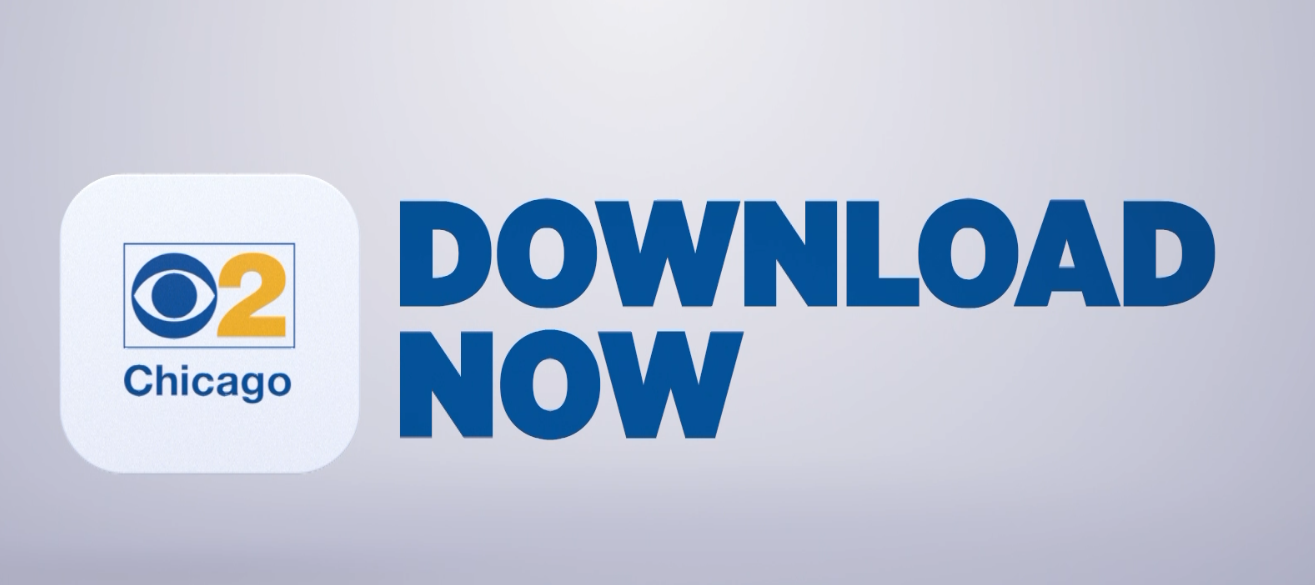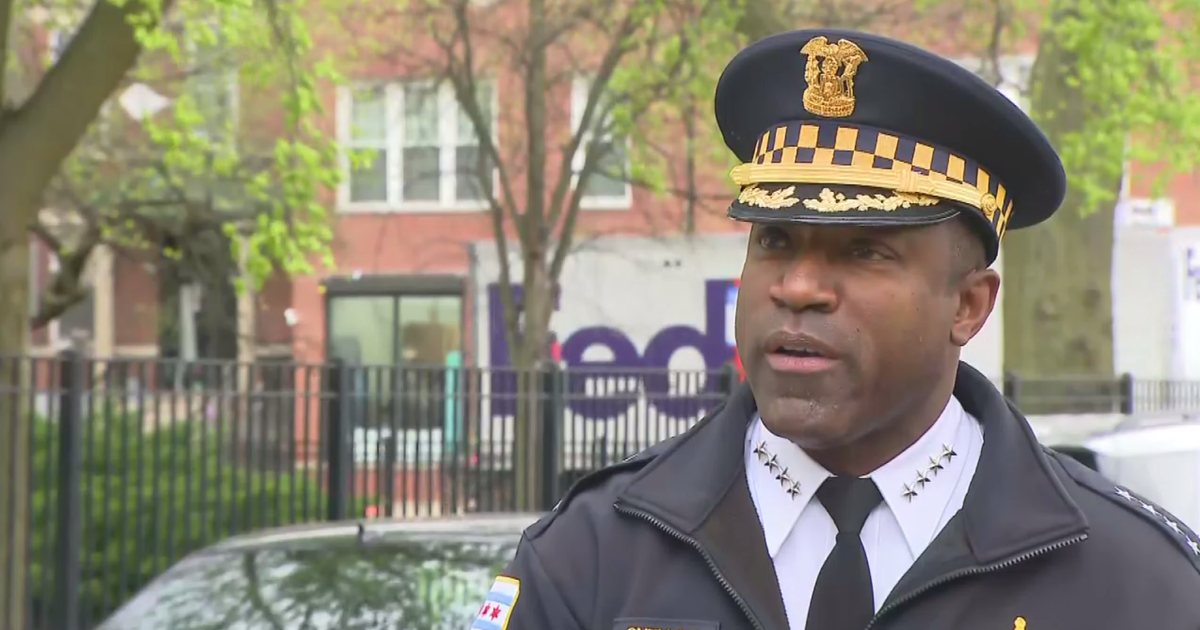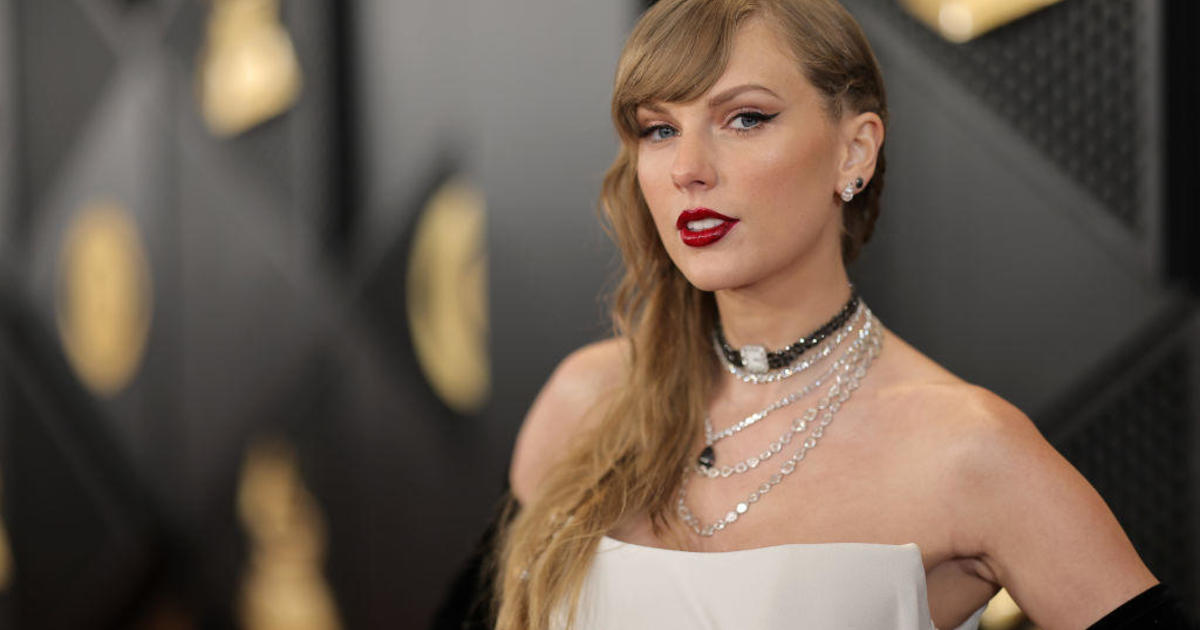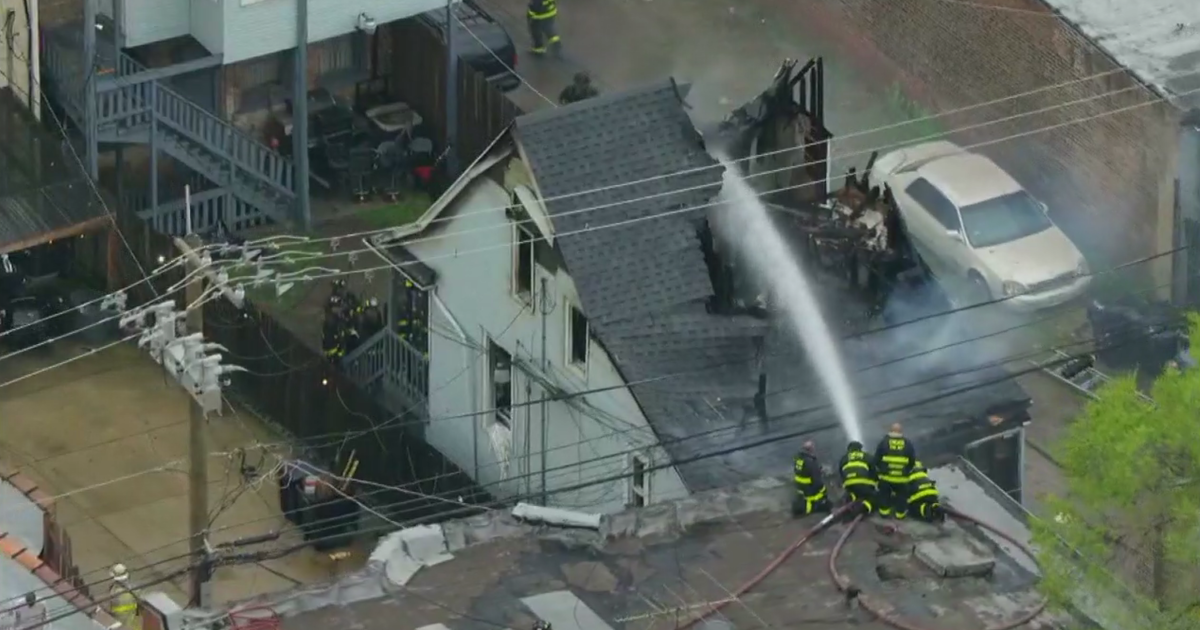The Role Of Television In Presidential Debates, From Kennedy And Nixon In 1960 To Today
CHICAGO (CBS) -- Sixty years ago this past Saturday, Studio 1 at the old CBS Chicago building at 630 N. McClurg Ct. hosted the first presidential debate ever televised.
It turned out to be a pivotal night in the race between Vice President Richard M. Nixon and U.S. Sen. John F. Kennedy. It also really illustrated the role of TV, and as CBS 2's Jim Williams reported Tuesday night, there is more history to be made.
Back in 1960, Americans were eager to see how Nixon and Kennedy would handle the pressure. Today in this nonstop news cycle, we know presidential candidates so much better - and that affects the impact of debates.
The first televised presidential debate was primitive by today's standards, but it showed how television would forever change the fight for the White House.
Susy Shultz is executive director of the Museum of Broadcast Communications.
"That if you watched it on TV, you thought the Kennedy won – John F. Kennedy won," Shultz said. "If you listened to it on radio because it was simulcast, many people believe that Vice President Nixon won."
Live pictures and sound together captured both Ronald Reagan's expression and his tone, as he posed this question during his 1980 debate with incumbent Jimmy Carter: "Are you better off than you were four years ago?"
Back in 1992, according to the Pew Research Center, 70 percent of voters said the debates between President George H.W. Bush, Bill Clinton, and Ross Perot were helpful.
But by 2016, Pew found only 10 percent of voters said the debates between Donald Trump and Hillary Clinton helped them make up their minds.
"In other words, we have lots of opportunities to see these candidates through social media, through websites to 24-hour news TV, and that wasn't the case in the 1970s, 1980s, and even in the 1990s," said North Central College Political science professor Stephen Maynard Caliendo.
And this year, polls show the vast majority of Americans have already decided who's getting their vote.
"But remember that the goal isn't only to persuade undecided voters," Caliendo said. "The goal is also is to energize people who are supportive of one of the other candidates."
Professor Caliendo said right after a campaign's first debate featuring an incumbent president, the challenger usually gets a bounce. But it's often small, amounting to one or two percent in polls.
Meanwhile, the last time we had an incumbent president was 2012, with President Barack Obama against Mitt Romney. Polls showed voters thought Romney won their first debate and the race tightened.
But Obama recovered. President Obama was roundly criticized after that first debate, but it's widely thought he performed much better in the two subsequent debates and he won re-election. Thus, one debate doesn't tell the whole story.






